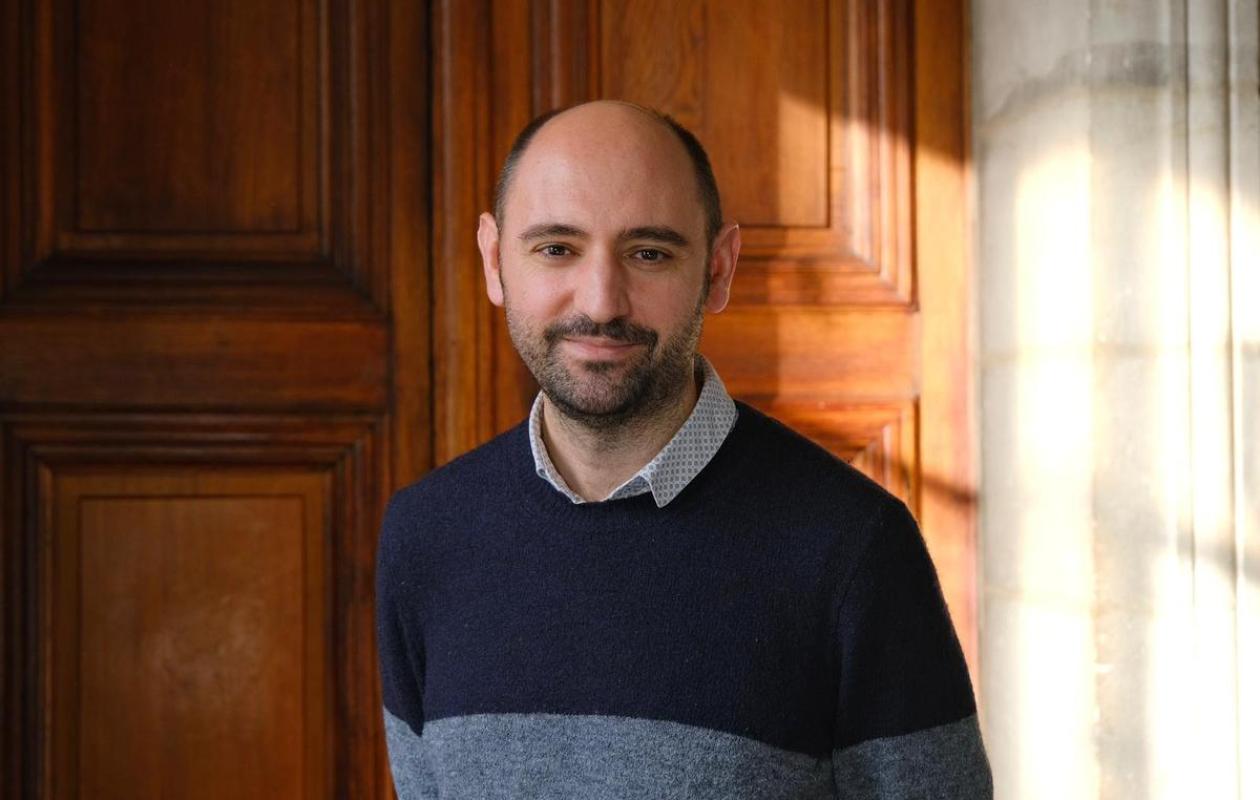
"Mettons la France au défi de suivre cette voie" : Le Prof Duverger salue les nouvelles orientations du Sénégal en ESS
The social and solidarity economy (SSE) is emerging as a bold response to contemporary challenges, and Senegal is making it a model to follow. In a recent post, Timothée Duverger, historian and researcher in the SSE, highlights the ambitious progress made by the Senegalese government, which is placing the SSE at the heart of its systemic transformation strategy. This initiative could inspire France, which is currently developing its own national strategy. Two years after hosting the World SSE Forum in Dakar, Senegal is taking a new step forward with the holding of the first session of the consultation framework on its SSE policy. This approach aims to promote access for the SSE to financing, public procurement, and technologies.
As Alioune Dione, Minister of Microfinance and the Social and Solidarity Economy, points out, "in the face of persistent inequalities, the fragility of ecological balances, and the challenges related to employment, particularly for young people and women, the social and solidarity economy is more than ever a credible path forward, providing sustainable solutions." The originality of this strategy, the result of an interministerial council held before the summer, lies in its transformative ambition. Far from confining the SSE to a simple sub-sector, Senegal is making it a "transformative force," in the words of the minister, integrated into all levels of public policy.
For example, in the education and higher education sector, concrete measures are planned: integration of the SSE into curricula, creation of cooperatives and student incubators, development of social entrepreneurship, support for research and creation of a dedicated university chair. This systemic approach, which mobilizes all ministries and their partners, positions Senegal as a strategic player in the SSE in Africa.
For Timothée Duverger, this initiative is "a source of inspiration" for SSE policies worldwide. He challenges France: "Let's challenge France to follow this path!" As our national SSE strategy is being developed, the Senegalese model invites us to rethink the SSE not as a marginal sector, but as a lever for global transformation.
Commentaires (3)
Que signifie ESS?
L'ESS au Sénégal : Une opportunité pour la stratégie nationale
Au Sénégal, la Stratégie Nationale de Développement Économique et Social (SNDES) pourrait pleinement intégrer l'ESS. Des initiatives comme les coopératives agricoles, les mutuelles de santé ou les associations de microcrédit sont des exemples concrets de l'ESS en action. L'ESS offre une voie pour bâtir une économie plus inclusive et résiliente, en renforçant les communautés locales et en créant des emplois durables.
L'impact de l'ESS dans tous les domaines
L'ESS n'est pas limitée à un seul secteur. Elle peut être intégrée dans presque tous les domaines d'activité, qu'ils soient économiques, sociaux ou environnementaux :
• Dans l'agriculture : Les coopératives de producteurs peuvent améliorer les revenus des agriculteurs et renforcer leur pouvoir de négociation.
• Dans la santé : Les mutuelles de santé permettent un accès équitable aux soins, surtout pour les populations vulnérables.
• Dans l'éducation : Les écoles coopératives ou les centres de formation associatifs peuvent offrir des opportunités d'apprentissage adaptées aux besoins locaux.
• Dans l'environnement : Les initiatives de recyclage gérées par des associations ou des entreprises d'insertion peuvent à la fois protéger l'environnement et créer des emplois pour des personnes en difficulté.
L'ESS est une approche transversale qui peut complémenter et même transformer l'économie traditionnelle pour un développement plus juste et durable. C'est une force à ne pas sous-estimer dans la construction d'un avenir meilleur pour le Sénégal.
Merci.
Participer à la Discussion
Règles de la communauté :
💡 Astuce : Utilisez des emojis depuis votre téléphone ou le module emoji ci-dessous. Cliquez sur GIF pour ajouter un GIF animé. Collez un lien X/Twitter, TikTok ou Instagram pour l'afficher automatiquement.